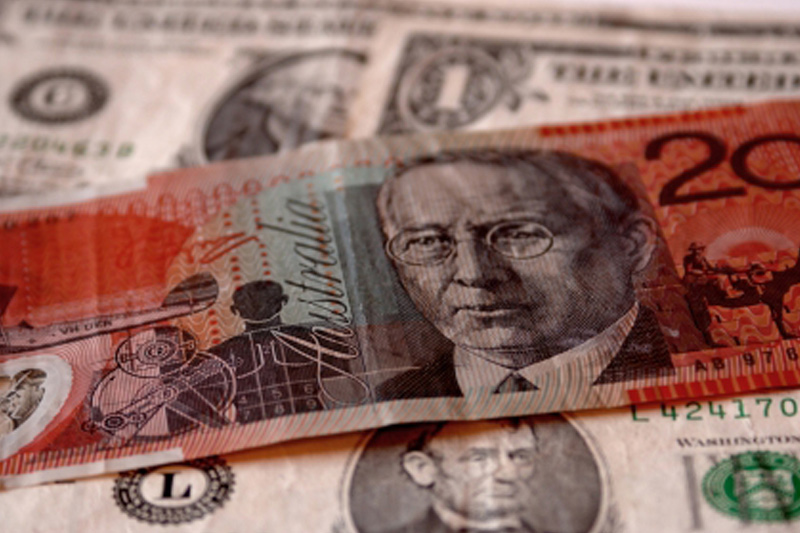Investing.com - The Australian dollar rebounded in Asia on Wednesday after the central bank said that housing has picked up on record-low interest rates and that current owners have more cash to spend.
Lower mortgage rates following a cut to the central bank's cash rate to a record low 2.25% in February are expected to boost housing demand further, the Reserve Bank of Australia said Wednesday in its biannual Financial Stability Review.
There was no strong language on housing-market risk in the review but it reiterated the need to monitor this to ensure existing risk in the mortgage market doesn't worsen.
Indicators of household stress are currently at low levels but could start to increase if labor-market conditions weaken further than currently envisaged," the RBA said.
AUD/USD traded at 0.7884, down 0.06%, while USD/JPY changed hands at 119.70, down 0.04% and EUR/USD was quoted at 1.0932, up 0.06%.
New Zealand released February trade data that showed a month-on-month surplus of NZ$50 million, well below the expected NZ$392 million.
NZD/USD traded at 0.7647, down 0.07%.
Overnight, the dollar turned broadly higher against a basket of other major currencies on Tuesday, after upbeat U.S. consumer price inflation and new home sales data fuelled fresh optimism over the strength of the economy.
The dollar strengthened after data showed that U.S. consumer prices rose 0.2% in February, in line with market expectations, rebounding after a 0.7% decline in January.
Core inflation, which excludes food and energy costs ticked up 0.2% in February after a similar gain in January. Core inflation was up 1.7% from the same month last year, the largest increase since November.
The uptick in underlying inflation indicated that the Fed would still have leeway to tighten monetary policy even with inflation running below target.
A separate report showed that U.S. new home sales jumped 7.8% to an annual unit rate of 539,000 last month, the highest level since February 2008, the Commerce Department said.
In addition, the preliminary reading of the U.S. manufacturing purchasing managers' index rose to 55.3 this month, the highest level since October, from 55.1 in February.
The U.S. dollar index, which measures the greenback’s strength against a trade-weighted basket of six major currencies, was quoted at 97.34, down 0.08% in Asia.
The euro strengthened, after research group Markit earlier said that its composite purchasing managers index, which measures activity in the manufacturing and services sectors, rose to 46-month high of 54.1 in March from 53.3 in February.
Germany’s private sector expanded at the fastest rate in eight months, but growth in France’s private sector eased this month.
